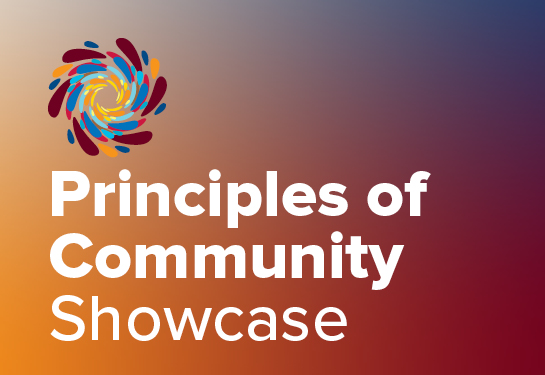Innovative technology benefiting recently incarcerated people with mental health, substance use disorders
Dear Colleagues,
Recently incarcerated persons are among the most vulnerable in our society with risk factors including homelessness, substance abuse and mental health problems, which are often inextricably linked. These risk factors increase the likelihood of poor outcomes such as overdose, premature mortality, and a high rate of emergency department visits.
Re-arrest is so common that it is known as a “revolving door.” This vicious cycle is associated with high costs to both the person themselves as well as the community. A seminal study in Florida in 2010 found that over a 5-year period, 97 persons with frequent recidivism to the criminal justice system were associated with 2,200 arrests, 27,000 days in jail and 13,000 days in crisis units, state hospitals and emergency rooms, at a cost to taxpayers of roughly $16 million. The “re-entry” period of the first several weeks following discharge from incarceration appears to the most critical one for intervention.
Following release from incarceration, individuals have multiple needs: housing, proof of identification, legal aid, substance abuse and mental health treatment, medical care, transportation, and social support. Case management is the coordination of an individual’s care, linking them to relevant services and helping them to overcome barriers to resource utilization as well as outreach and crisis intervention. Such coordination has been shown to effectively improve multiple outcomes for at-risk recently incarcerated persons.
The UC Davis Department of Psychiatry and Behavioral Sciences has provided care to individuals incarcerated in the jail in Sacramento for almost 40 years. Starting in the spring of 2022, using funds from my chair package, UC Davis Psychiatry and Behavioral Sciences partnered with the largest federally-qualified health center (FQHC) in the region, WellSpace Health, to create a unique case management program for recently incarcerated individuals called the SAFE-T (Sub-Acute Facilitated Engagement and Transitions) Program. The gains of the hundreds of patients impacted by SAFE-T were recognized by Congresswoman Doris Matsui via selection of the program to be expanded via inclusion in the FY23 Omnibus bill signed by President Biden. Subsequently, this expansion was funded by a $1.5 million dollar grant from the Substance Abuse and Mental Health Services Administration.
With this funding, the Department of Psychiatry and Behavioral Sciences has continued to partner with WellSpace Health to double the size of the SAFE-T program and to collaborate with Innovation Technology and the Digital Co-Lab to link recently incarcerated and released individuals with mental health and substance use disorders with a “SAFE-T” App that digitizes area resources. A partnership with Verizon has enabled us to furnish cellphones to participants.
We look forward to improving the lives of hundreds of our most vulnerable people in the Sacramento community as well as to provide a model program for the rest of the nation. Thank you for your support!
Yours in health,
Helen C. Kales, M.D.
Chair, Department of Psychiatry and Behavioral Sciences
Joe P. Tupin Professor of Psychiatry





